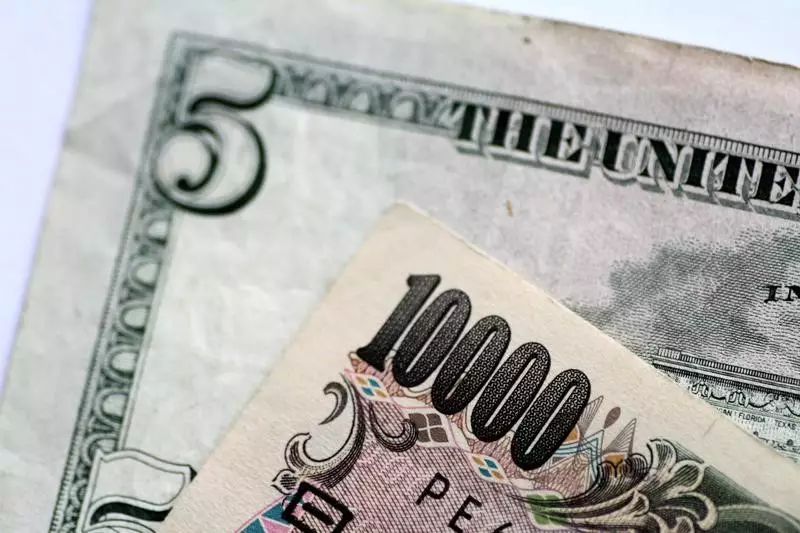On Friday, the Japanese yen experienced a notable resurgence against the US dollar, achieving its most robust exchange rate in over a month. This development arises from a surge of inflation data from Tokyo, which surpassed analysts’ expectations and has heightened speculation regarding a potential interest rate hike by the Bank of Japan (BOJ) in December. The USD/JPY currency pair, which measures the number of yen required to purchase a dollar, experienced a decline of nearly 1%, falling to a remarkable low of 150.01 yen—marking its weakest point since late October.
The upward trend in consumer prices, as evidenced by the Tokyo Consumer Price Index for November, serves as a critical indicator of the overall inflation trajectory within Japan. This data is particularly significant as it often mirrors nationwide economic conditions, leading to greater market confidence regarding sustained inflation levels. In light of these developments, traders and economists alike are recalibrating their expectations, with a growing consensus that the BOJ is poised to take a hawkish stance in the months to come.
A recent Reuters survey suggests that market participants are strategically positioning themselves for a 25 basis point rate increase during the BOJ’s forthcoming meeting in December. This is indicative of a broader sentiment that the BOJ’s monetary policy is shifting, especially as Governor Kazuo Ueda has reiterated the central bank’s commitment to curtailing rates further amid a positive inflationary cycle.
Analysts at ING have voiced that the recent acceleration in inflation, coupled with a robust recovery in economic activities, contributes to the likelihood of an impending rate hike in December. This upcoming adjustment would mark the BOJ’s third rate increase within 2024, as the bank steadily maneuvers away from a prolonged era of negative interest rates that had dominated Japan’s economic landscape.
The decision to tighten monetary policy is heavily anchored in substantial wage growth witnessed throughout the year. Increased wages have fueled private consumption, which is a critical component of sustained inflation. Analysts from UBS have forecasted that wage growth will likely persist into 2025, potentially signaling more rate adjustments in the near future.
The Broader Economic Implications
While the yen strengthens and inflation concerns recede, Japanese equity markets seemed to respond negatively to the prospect of rising interest rates. The Nikkei 225 index, a major benchmark for Japanese stocks, dipped by 0.7% on Friday, with the broader TOPIX losing 0.6%. The apprehension regarding higher rates underscores the intricate dynamics at play in Japan’s economy as monetary policy adjusts to evolving economic conditions.
The Japanese yen’s recent performance against the dollar exemplifies the interconnectedness of inflation metrics and central banking policies. As the BOJ continues to prioritize a hawkish approach in response to economic indicators, market participants will remain vigilant, adjusting their strategies to align with the institution’s evolving stance.


Leave a Reply